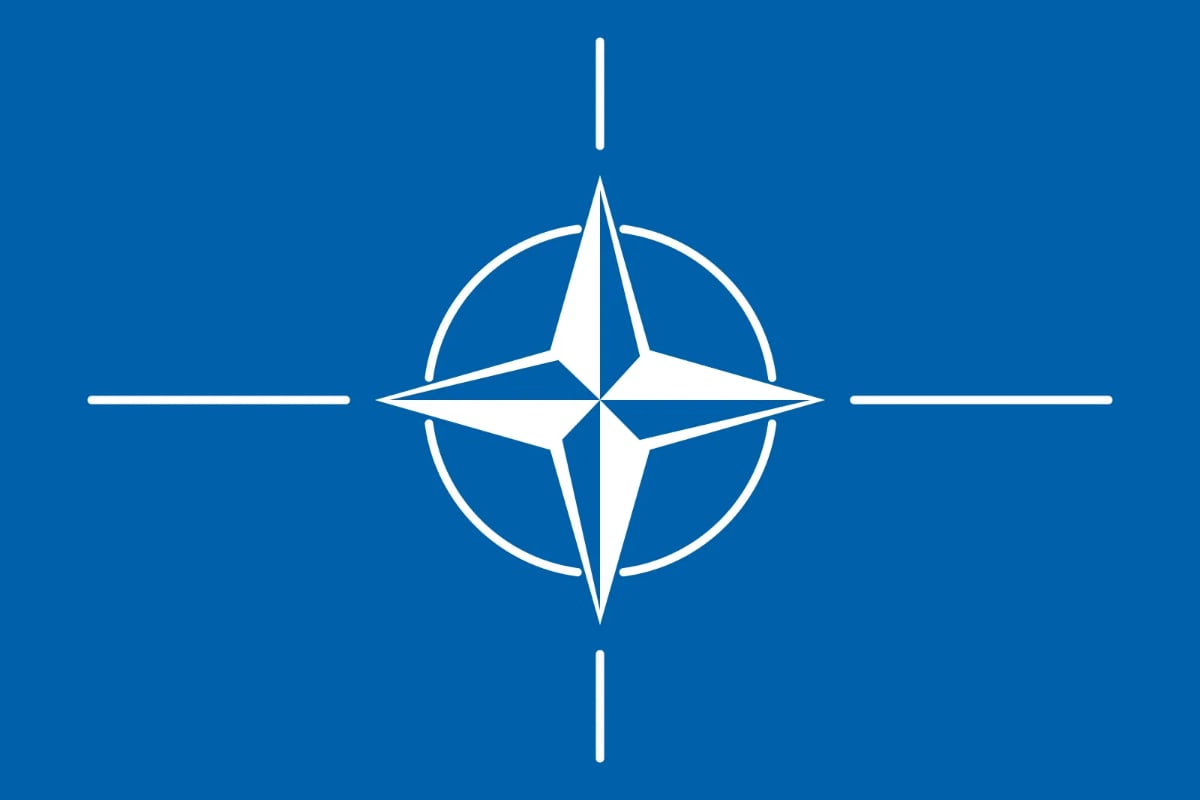Tech Breakthroughs Prioritize Trustworthiness for User Confidence
Malta's digital and high-tech industry has boomed. MDIA is key to Malta's...

NATO Revamps AI Strategy in Response to Emerging Threats
In response to the growing threat of cyberattacks and the increasing sophistication of artificial intelligence (AI) technology, NATO is set to update its AI strategy to address these emerging challenges. The updated strategy will include guidance on the responsible use of generative AI, a type of AI that can generate new content, such as text, images, and code.
The new strategy will also focus on strengthening NATO’s cybersecurity posture. In recent years, there has been a surge in cyberattacks targeting critical infrastructure, government agencies, and businesses. These attacks can cause widespread disruption and damage, and they pose a significant threat to national security.
NATO recognizes that AI can play a critical role in defending against cyberattacks. AI can be used to identify and analyze threats, detect anomalies in data, and automate security tasks. However, AI also poses its own risks. Generative AI, for example, could be used to create deepfakes or spread misinformation.
NATO’s updated AI strategy will aim to strike a balance between the benefits and risks of AI. The strategy will outline principles for the responsible use of AI, and it will provide guidance on how to mitigate the risks of AI misuse.
“We need AI to defend ourselves,” said David van Wheel, NATO’s Assistant Secretary General for Emerging Security Challenges. “The updated AI strategy will help us to harness the power of AI while also ensuring that it is used in a responsible and ethical manner.”
The updated AI strategy is expected to be adopted by NATO in 2024.
Catch all the Business News, Breaking News Event and Latest News Updates on The BOL News
Download The BOL News App to get the Daily News Update & Live News.